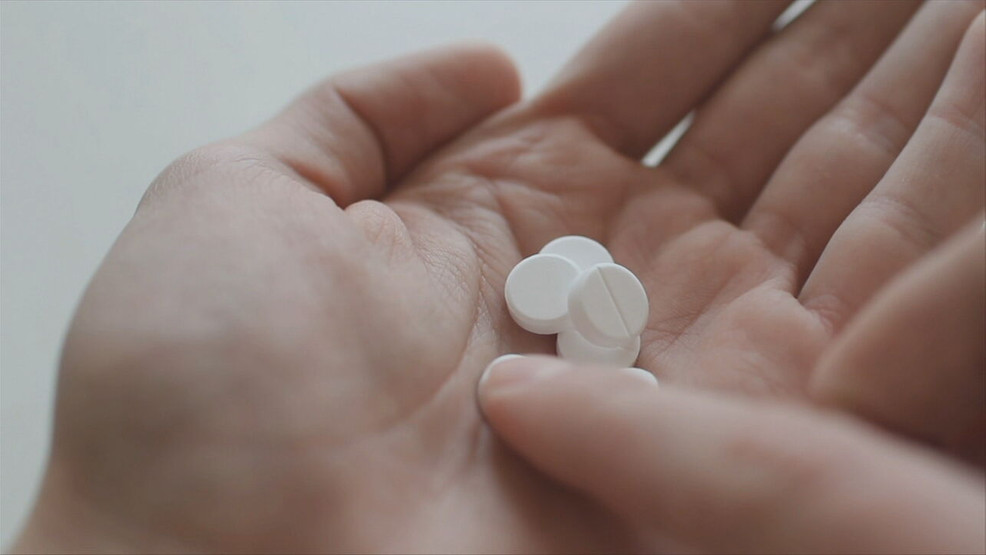Infection
CDC proposes ‘morning after’ STD pill guidelines to curb spread of infections
CINCINNATI (WKRC) – The Centers for Disease Control and Prevention (CDC) proposed new guidelines this week to try to curb the cases of sexually transmitted diseases on the rise right now.
Experts are now endorsing a ‘morning after’ pill to try to slow the spread.
It’s a simple antibiotic, but when taken within a short time after exposure to a sexually transmitted disease, the study found a remarkable difference compared to those who didn’t take the drug.
The difference was so great that those who took the inexpensive pill called doxycycline right after a potential exposure were 90% less likely to get chlamydia, 80% less likely to get syphilis, and 50% less likely to get gonorrhea.
“That’s really dramatic. I mean if we could prevent 80% to 90% of chlamydia, gonorrhea and syphilis — that would be a great improvement in public health,” said Dr. Stephen Blatt of TriHealth infectious diseases.
That’s because the most recent CDC data shows among couples, some of these top three sexually transmitted diseases have gone up as much as 32% and shows no sign of slowing down.
Some say it’s partly due to the ‘swipe right’ or ‘quick hookup’ culture, influenced by social media.
Dr. Blatt said whether people approve of these instant hookups, people need to think of these potential STD fighting pills as a method of harm reduction, especially in the populations studied. These include gay and bisexual men and transgender women with previous STD infections.
“It could be a real game changer. So, the way we do it for patients at high risk and tell them, if you have an unprotected sexual encounter, take this medicine within two days of this encounter and then let us know, so we can get you tested if necessary,” Dr. Blatt said.
New CDC guidelines based on this research have now been released. There’s a 45-day public comment period on them happening now. Afterward, experts are expected to finalize the guidelines with a goal of reducing STD numbers.

